
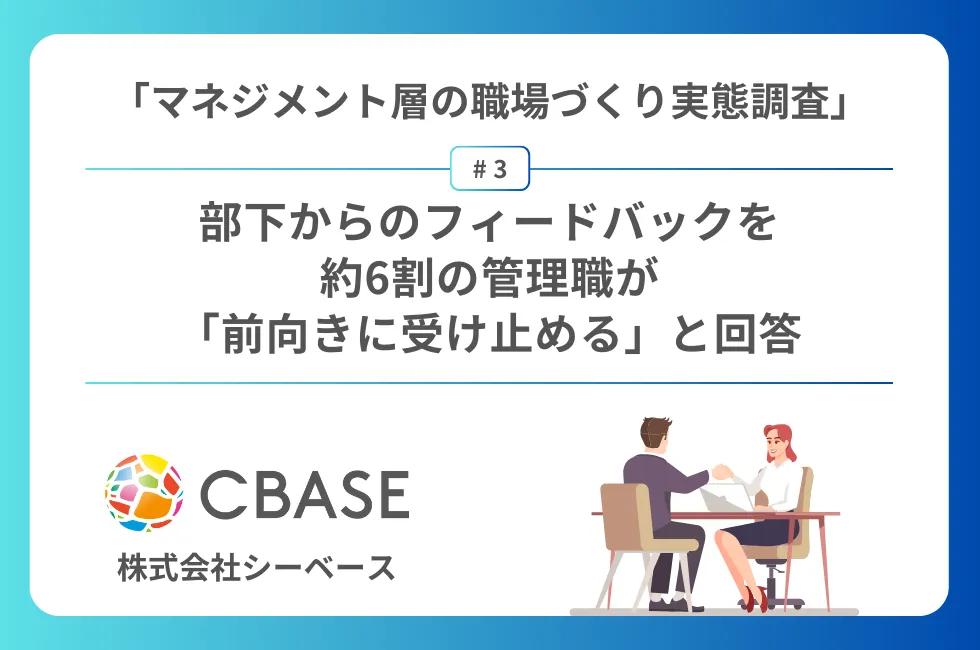
New Survey Reveals How Managers Respond to Employee Feedback in the Workplace
Recent Survey Insights on Management Feedback Reception
A recently conducted survey by CBASE sheds light on how management personnel perceive feedback from their subordinates. With a mission to enhance organizations through feedback and dialogue, CBASE surveyed 264 managers to understand the current state of workplace culture and the role feedback plays in it. The results reveal that approximately 60% of managers positively embrace feedback from their team members, while less than 7% respond negatively. This indicates a strong trend toward a constructive feedback culture within organizations.
Key Findings
The survey highlights that among the participants, especially division heads, a remarkable 100% reported accepting feedback positively. This suggests that higher management levels are more inclined to recognize the value of subordinate opinions, which are essential for business and organizational growth. In contrast, feedback from line managers and supervisors was found to be less favorably received, hinting at potential barriers such as proximity to subordinates and individual openness to feedback.
Moreover, over half of the managers indicated that they experienced a change in behavior triggered by feedback. This demonstrates the critical role that feedback from employees plays in fostering personal and organizational development. Particularly, younger managers or those with less experience tend to struggle more with accepting feedback positively, indicating the need for creating more dialogue opportunities in the workplace.
Survey Results Summary
The core question posed to the managers was: “Can you positively accept feedback or opinions from your subordinates?” The aggregated results revealed that 55.6% distinctly felt they could either accept feedback very positively or positively. In numeric terms, 8.3% expressed that they could “very positively” receive feedback, while 47.3% stated that they could do so “positively.” In stark contrast, only 3.4% and 2.7% stated they could not accept feedback positively, demonstrating a clear inclination towards a constructive outlook on employee feedback.
When analyzing responses based on job titles, division heads showed the highest positivity rate at 100%, reflecting their clarity of responsibility and readiness to incorporate subordinate insights for business growth. The majority of affirmative responses also came from department heads at over 60% and executives at just above 50%. Conversely, a notable percentage of negative feedback came from line managers and supervisors, approximately 10%, which could be linked to their leadership styles and closer relationships with their teams.
Experience-Based Feedback Insights
The analysis of responses according to managerial experience revealed that managers with 1 to 3 years of experience were the most receptive to feedback, with around 70% displaying a positive reception. This age group tends to have closer relationships with their teams, potentially contributing to their ability to embrace constructive criticism. In contrast, managers with less than one year of experience showed the highest negativity towards feedback, indicating a trend where those new to management are still learning how to interpret feedback positively.
A significant finding from the survey was that over 50% of respondents have changed their perceptions or behaviors due to feedback from their peers, showcasing that constructive dialogues can lead to substantial personal development among management. Only 3% remained unchanged, signifying that the majority seeks to evolve based on surrounding feedback.
Conclusion
CBASE's survey results illustrate the essential role of feedback in management and organizational culture. Companies are encouraged to foster environments where feedback is not just appreciated but actively sought after, as this can lead to significant improvements and growth at all levels. As feedback culture continues to evolve, managers of all levels will need to adapt and embrace tools and dialogues that promote development and growth, ultimately leading to stronger and more resilient organizations.
For those interested in the detailed survey results, a downloadable report is available at CBASE's official website. Furthermore, the organization continues to innovate with various HR cloud services designed to empower organizations and enhance their workforce dynamics.
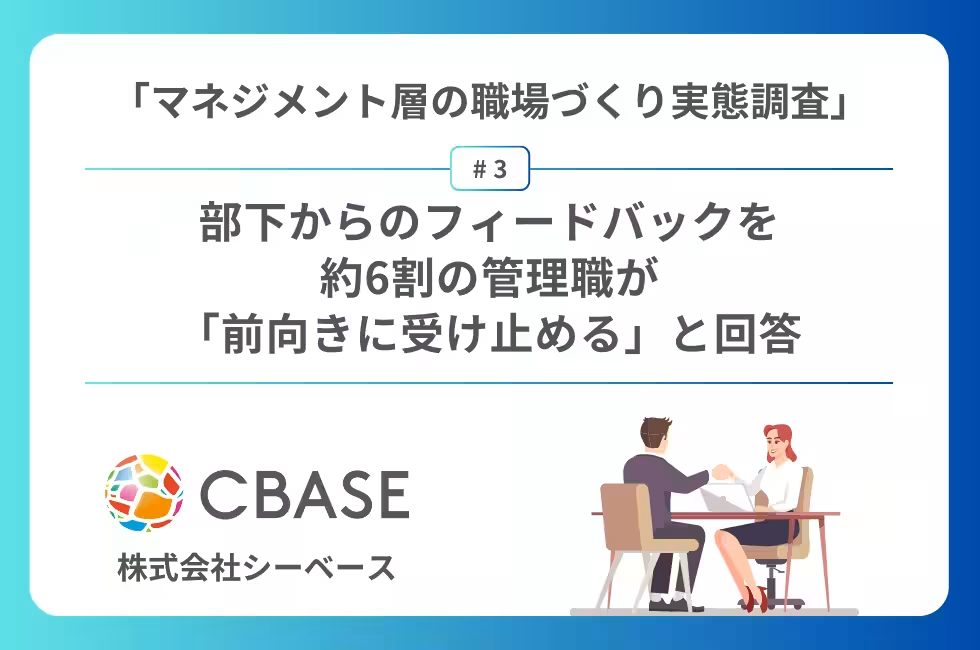
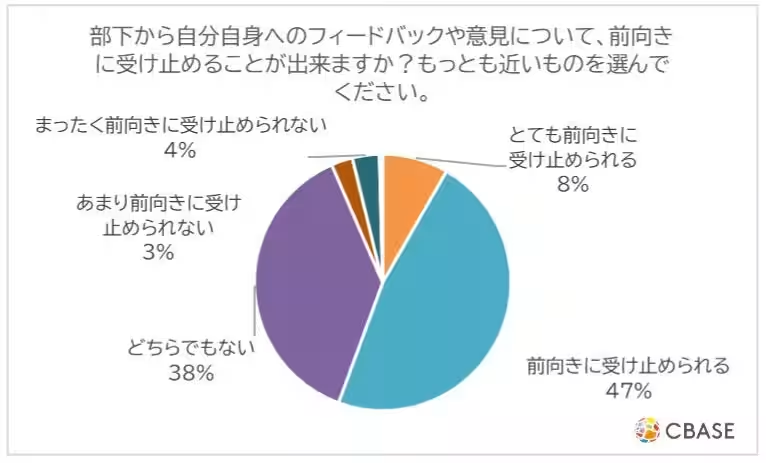
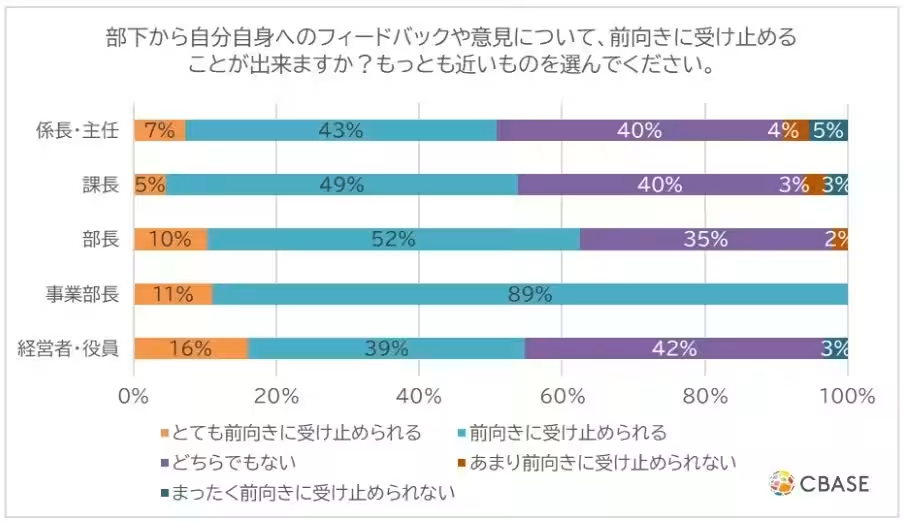
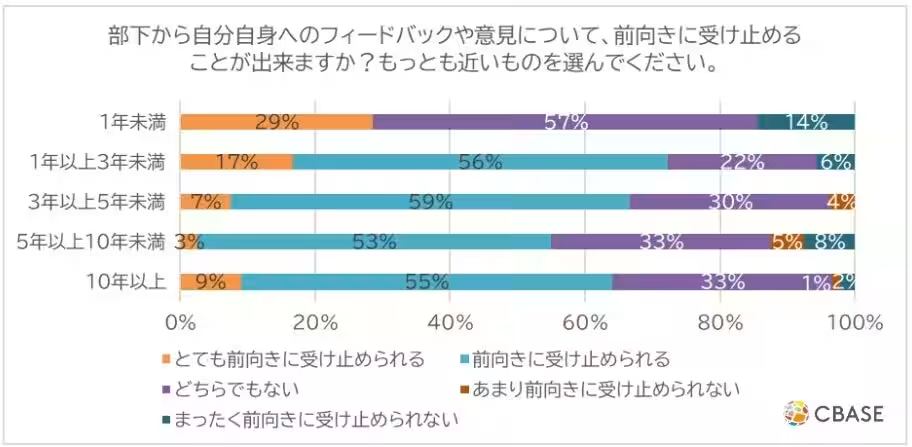
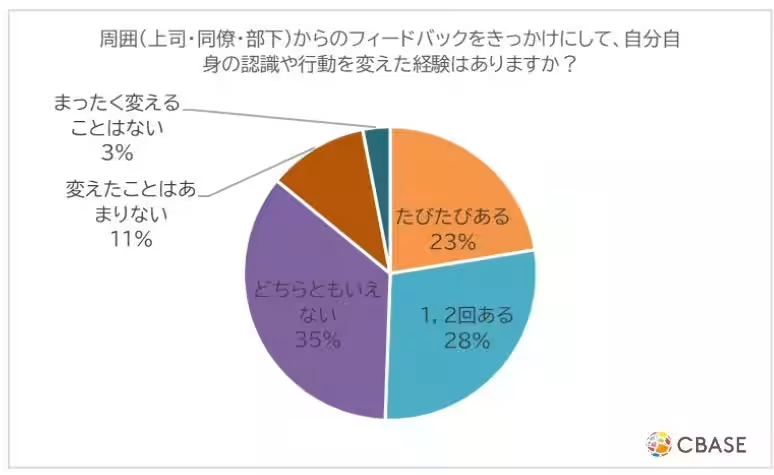
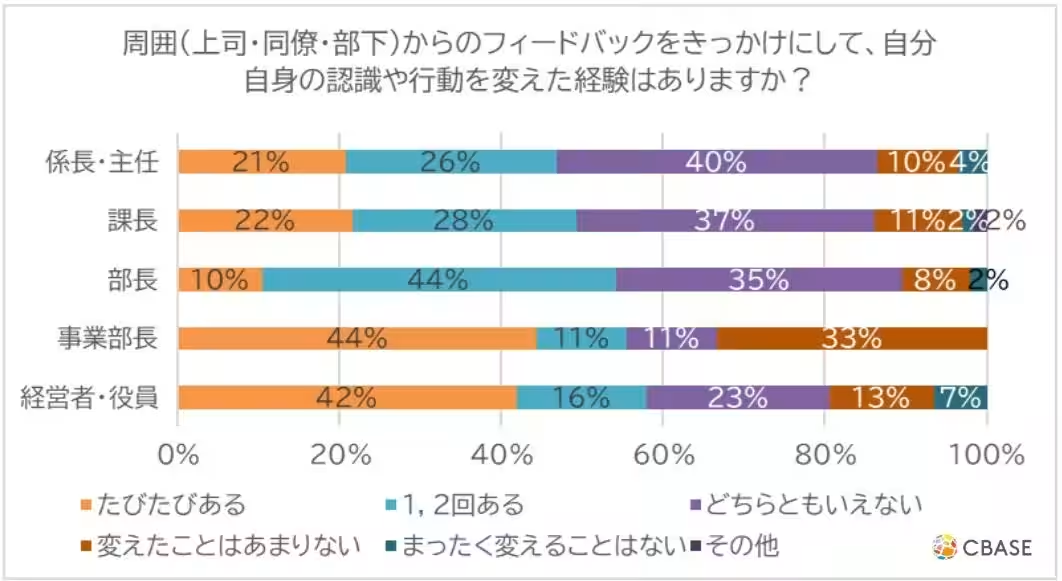
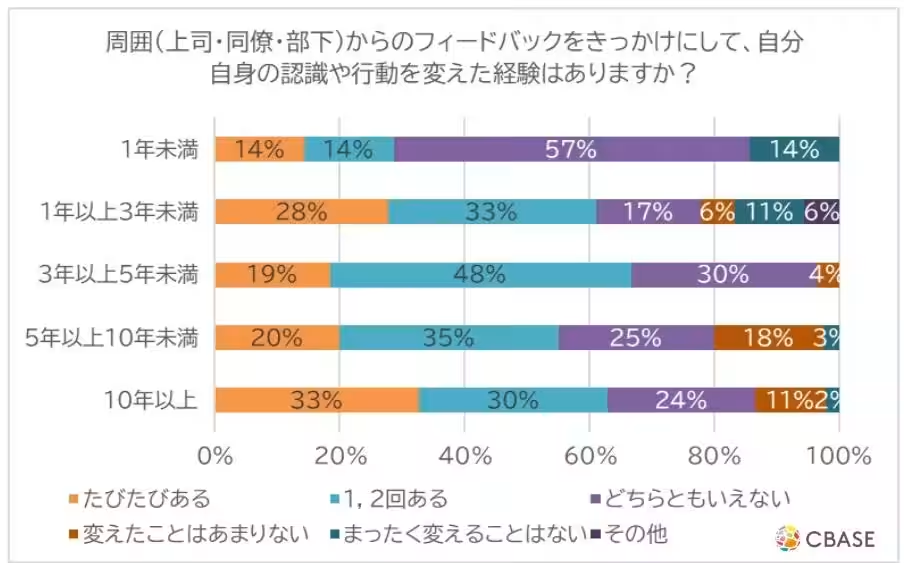
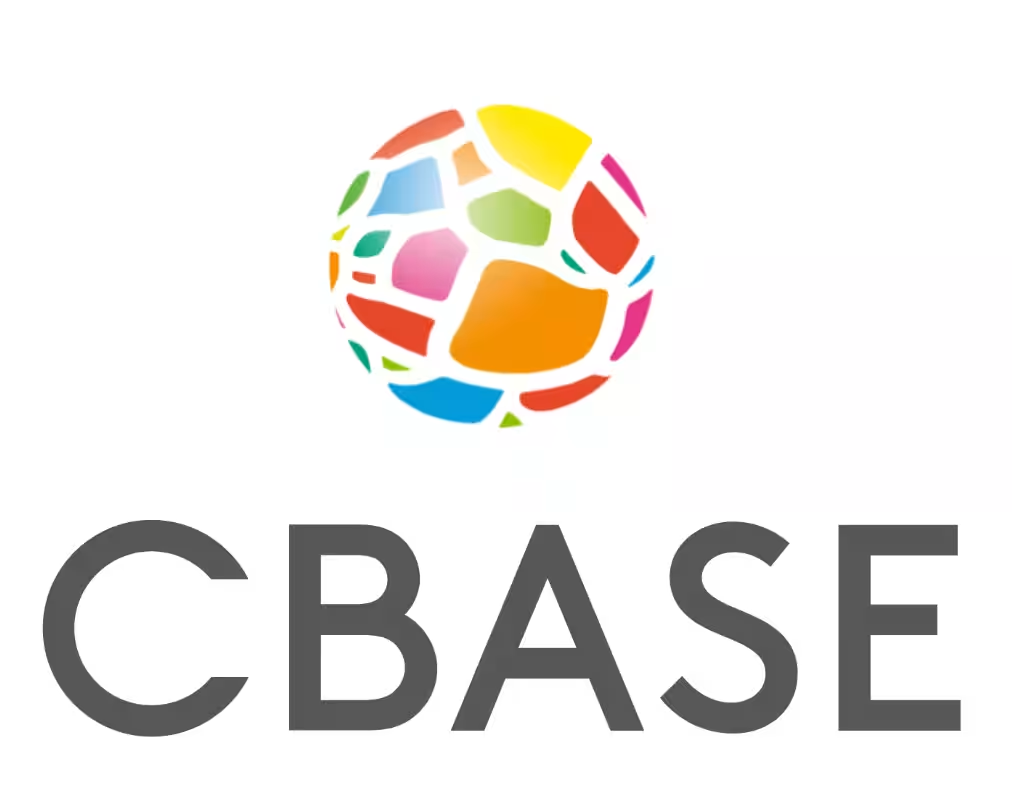
Topics Business Technology)










【About Using Articles】
You can freely use the title and article content by linking to the page where the article is posted.
※ Images cannot be used.
【About Links】
Links are free to use.